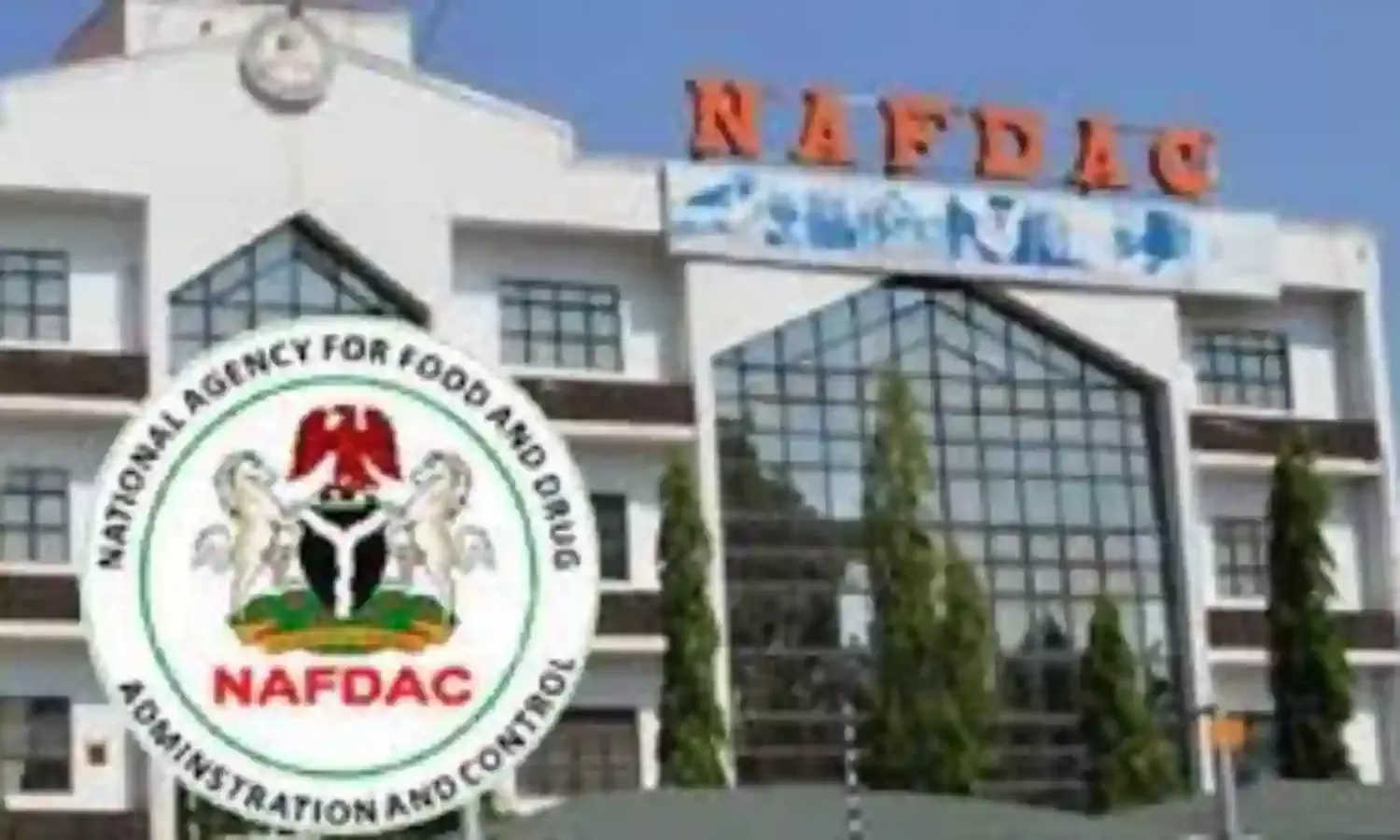NAFDAC alerts Nigerians on fake cancer treatment drugs
“These included: no batch number in the MAH database, discrepancies in language, missing basilisk, incorrect bollino date, and tamper evidence labels that did not match genuine Roche materials.;

The National Agency for Food and Drug Administration and Control (NAFDAC) has alerted Nigerians, including healthcare providers, about a counterfeit cancer treatment drug, Phesgo 600mg/600mg/10ml, labelled with batch number C5290S20.
This notification is outlined in a public alert (No. 051/2024) available on the agency’s website.
NAFDAC reported that the Marketing Authorisation Holder (MAH), Roche, received a complaint from a doctor at the Lagos University Teaching Hospital (LUTH-NSIA) regarding the suspected counterfeit product.
The Phesgo 600mg/600mg, labelled with batch number C5290S20, was reported to have been brought in by a patient for administration.
The agency disclosed that, at the time of the report the product had not been administered, but it matched the characteristics of a previously reported counterfeit batch, C3809C51.
“Although no physical sample was returned to Roche for investigation, images of parts of the product specifically, a Phesgo 600mg/600mg vial and a 10ml folding box were examined.
“The suspected product’s images were compared to genuine samples retained by Roche.
“Roche’s investigation identified several significant differences between the complaint sample and genuine materials, confirming the counterfeit status of the batch.
“These included: no batch number in the MAH database, discrepancies in language, missing basilisk, incorrect bollino date, and tamper evidence labels that did not match genuine Roche materials.
“Since no physical sample was available for chemical analysis, the investigation was limited to visual comparisons,” it said.
NAFDAC explained that Phesgo 600mg/600mg Solution for Injection is used to treat breast cancer, as it works by killing cancer cells and preventing their further growth.
The agency emphasised that illegal marketing of counterfeit medicines was a serious health risk, as these products might not comply with regulatory standards and could undermine safety, quality, and effectiveness.
The agency had instructed all NAFDAC zonal directors and state coordinators to carry out surveillance and remove counterfeit products from their zones and states.
NAFDAC also advised importers, distributors, retailers, healthcare professionals, and caregivers to be cautious and vigilant throughout the supply chain, avoiding the importation, distribution, and sale of counterfeit products.
It emphasised that medical products should only be obtained from authorised and licensed suppliers, with careful checks on their authenticity and physical condition.
“Healthcare professionals and consumers are urged to report any suspicions of substandard or falsified medicines or medical devices to the nearest NAFDAC office.
“Reports can also be made through NAFDAC’s contact number (0800-162-3322) or via email at sf.alert@nafdac.gov.ng.
“Additionally, healthcare professionals and patients are encouraged to report any adverse events or side effects related to the use of medicinal products or devices.
“NAFDAC provides e-reporting platforms on its website (www.nafdac.gov.ng) and through the Med-Safety app, available for download on Android and iOS devices.”
The agency said adverse effects could also be reported via email at pharmacovigilance@nafdac.gov.ng.
NAFDAC said the product notification would also be uploaded to the World Health Organisation (WHO) Global Surveillance and Monitoring System

